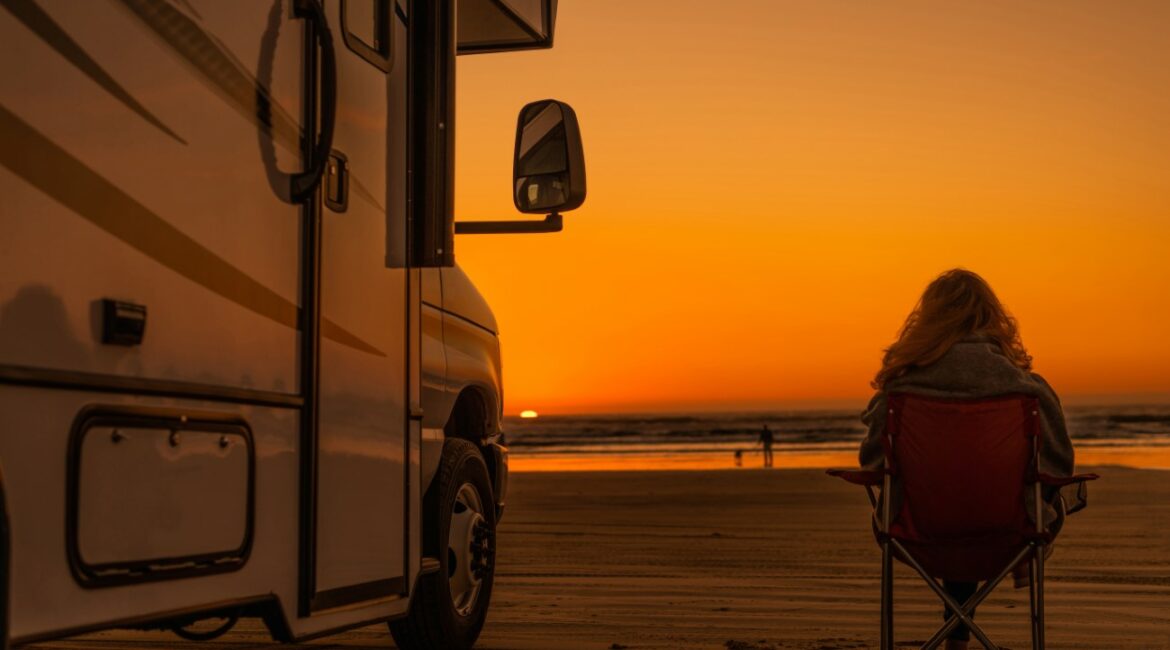Traveling in an RV is an adventure that offers you the comfort of home while being on the move. One of the essential components of this mobile home is its propane system. As exciting as RV life can be, understanding and respecting the power of propane is pivotal. Let’s dive deep and unravel the mysteries of RV propane systems while keeping safety at the forefront.
The Heart of the Matter: What is Propane Anyway?
Propane, for starters, is a hydrocarbon (LPG) and is a vital fuel used in RVs. It powers appliances like stoves, ovens, water heaters, and refrigerators. It’s renowned for its efficiency and eco-friendly attributes, burning cleaner than many other fossil fuels.
RV Propane Tanks: The Basics
Your RV holds its propane in specially designed tanks. Most RVs have ASME tanks, which are permanently mounted. However, some smaller RVs might use DOT cylinders, which are portable. Regardless of the type, these tanks have an overfill protection device. This ensures that propane doesn’t expand and lead to dangerous situations. Remember, only certified professionals should fill your propane tanks.
Safety Protocols are Non-negotiable
While propane is indispensable for an RV journey, it’s imperative to respect its power. Regularly check for leaks using a soap solution, and never use a lighter or match. Ensure that your RV is equipped with a propane detector, and keep it functional at all times. If you ever smell a strong odor of rotten eggs, it’s an indication of a potential leak. Turn off the source, evacuate, and call for professional assistance.
Maintaining Your Propane Appliances
Like any other component in your RV, propane appliances require regular maintenance. Cleaning and checking your appliances annually can prolong their life and ensure efficient functioning. Blocked burners or vents can lead to incomplete combustion, resulting in dangerous carbon monoxide buildup. It’s always a smart move to have a carbon monoxide detector alongside your propane one.
Storing and Transporting Propane Safely
While on the move, ensure your propane tanks are turned off. This reduces the risk of any mishap in case of a collision. When storing propane cylinders, keep them outside and not in enclosed spaces, ensuring they’re away from direct sunlight.
The Science Behind Propane Combustion
Understanding the science behind propane can provide you with deeper insights into its safety and utilization in RVs. Propane, when combined with oxygen, combusts and produces heat, carbon dioxide, and water vapor. The blue flame you see when you light your RV stove signifies complete combustion. However, a yellow or orange flame might indicate impurities in the propane or an adjustment needed in your appliance. Having this knowledge empowers you to recognize when your propane appliances are working optimally and when they might need attention.
Advancements in Propane Technology
The RVing world is continuously evolving, and so are the technologies associated with it. Today, we have smart propane detectors that not only sound an alarm but also indicate the concentration levels. Some advanced systems can even shut off the propane supply automatically if a potential leak is detected. Moreover, with the growth of IoT (Internet of Things), some RVs come equipped with systems that allow you to monitor propane levels and consumption right from your smartphone, ensuring you’re always in the know and never caught off guard.
Eco-friendly Aspects of Propane
While we understand the utility of propane in RVs, it’s equally essential to recognize its green credentials. Propane is one of the cleanest-burning fossil fuels. It emits over 30% less carbon dioxide than gasoline when burnt and doesn’t produce the harmful emissions linked to acid rain, smog, or greenhouse gases. This makes it not only a practical choice for RVers but also a conscientious one, ensuring that your journey leaves a lighter carbon footprint on our beautiful planet.
FAQ : Safety First: Understanding RV Propane Systems
How often should I check for propane leaks in my RV?
It’s advisable to perform a leak test every spring as you prep your RV for the season. However, if you smell rotten eggs or hear a hissing sound, check immediately.
Can I refill my propane tank by myself?
It’s best to let certified professionals refill propane tanks. They’re trained to ensure safe and correct filling.
Why is my propane not flowing even with a full tank?
The overfill protection device (OPD) might have been triggered. Turn off all propane appliances and the tank. Slowly reopen the tank to reset the OPD.
Are there any limitations for traveling with propane in tunnels or on bridges?
Some tunnels and bridges have restrictions for vehicles carrying propane. Always check local regulations before your journey.
What should I do if I suspect a major propane leak while camping?
Immediately shut off the propane source, evacuate the RV, and call for professional assistance. Do not light any matches or turn on any electrical appliances.
Remember, your RV is not just a vehicle; it’s your home on wheels. Treat its components with respect, and they’ll ensure you have a smooth, safe journey wherever the road takes you. Safe travels!
- Transform Your Health with Medford Medical Weight Loss Program - June 9, 2025
- A Chat with Nate and Mika, Christian Wedding Photographers - July 18, 2024
- Ultimate Guide To Playing Online Casinos - May 27, 2024









